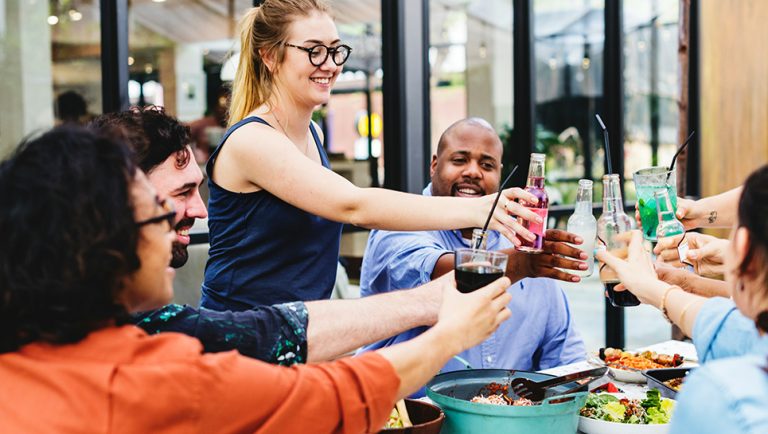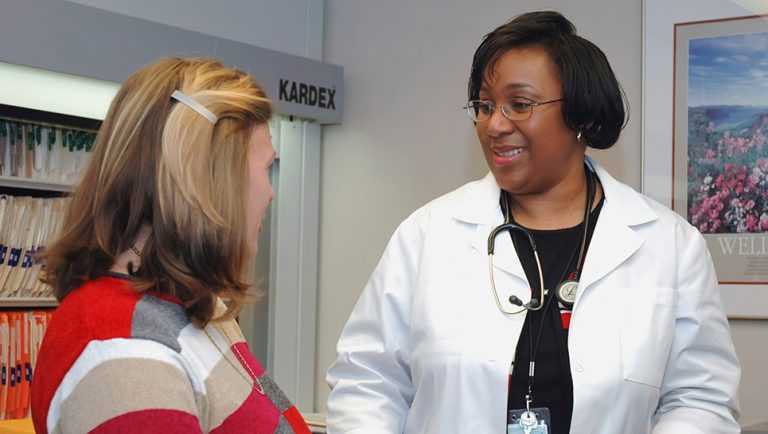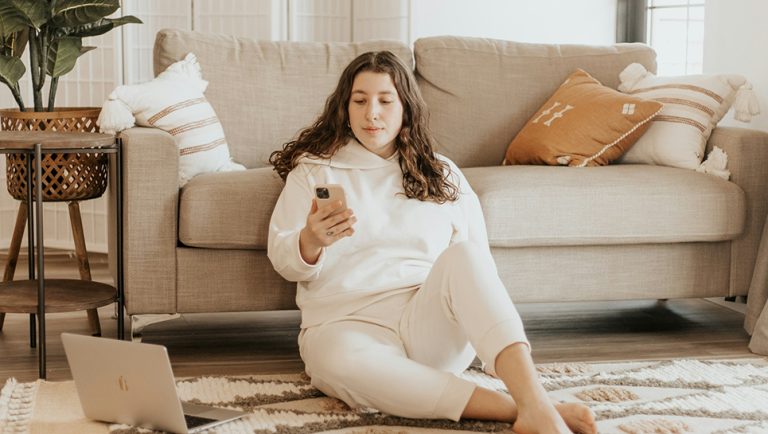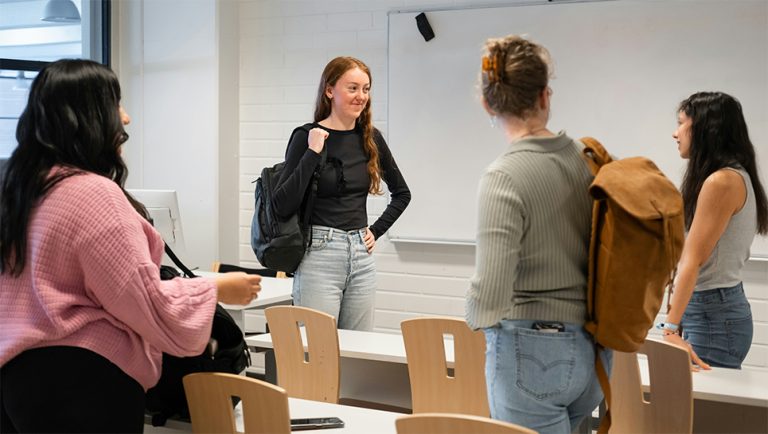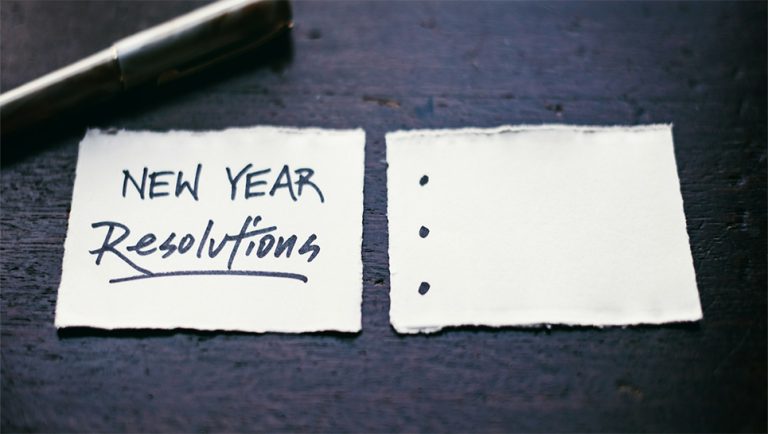
Body Liberation and Sexuality
By Katie Borofka - Being able to access hope, meaning, and feeling alive through sexual or other creative expression, even in the darkest moments, is a way to experience resistance, determination, and connection. All people deserve this, regardless of weight, shape, or size.
